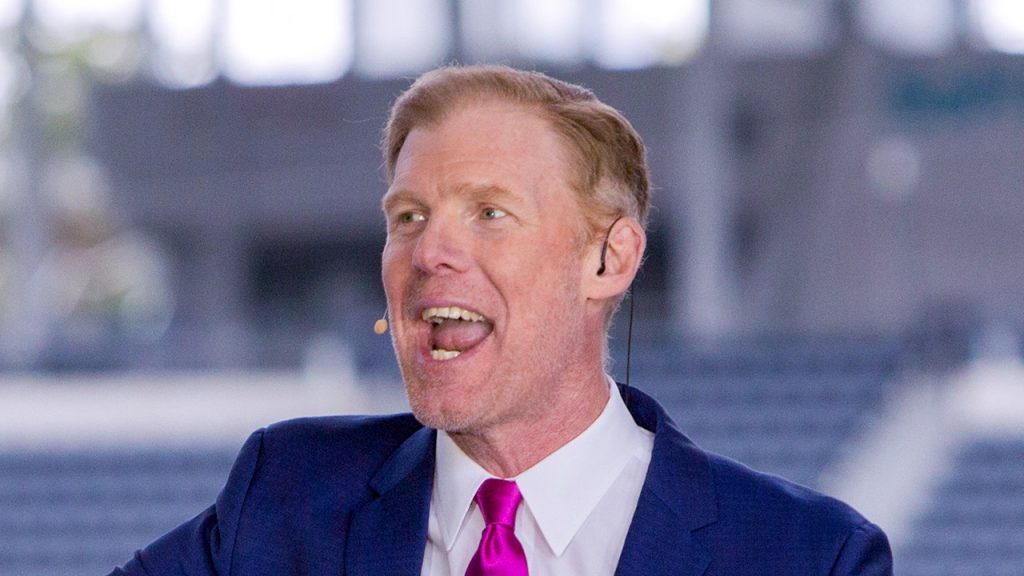The United States men’s national soccer team defeated Mexico 2-0 in their Nations League match, but the match was overshadowed by homophobic slurs directed at US goalkeeper Matt Turner from the crowd. Former USMNT player Alexi Lalas criticized the discriminatory chanting and questioned the effectiveness of stopping the game as a punishment. Mexico fans shouted slurs at Turner during goal kicks, leading to a stoppage of play despite warnings from the PA system. This issue also occurred in a previous match between the two teams during the Nations League.
CONCACAF released a statement condemning the discriminatory chanting and stated that security staff ejected fans and match officials activated the FIFA protocol. The organization has been running a campaign urging fans to stop the chant, and expressed disappointment that the issue persists, particularly as the sport has an opportunity to grow in the region. The USMNT captain Tyler Adams scored a spectacular goal from outside Mexico’s box, while Giovanni Reyna added a goal in the 63rd minute. It is unclear if Mexico will face any repercussions for the incident, as it was the fans and not the team who were involved.
Looking ahead, the USMNT will face Colombia in their next match in June. The incident highlights the ongoing challenge of addressing discriminatory behavior at soccer matches and the importance of promoting a positive and respectful atmosphere in the sport. Prominent figures like Lalas have raised concerns about the effectiveness of current measures to address such behavior and have suggested alternative solutions. It is crucial for organizations like CONCACAF to continue their efforts to educate fans and create a welcoming environment for all participants in the game.
The incident underscores the need for vigilant monitoring and enforcement of anti-discrimination policies in soccer, particularly in high-profile matches between rival teams. The involvement of security staff and match officials in addressing the issue demonstrates a commitment to upholding the integrity of the game and ensuring the safety of players and spectators. By taking a strong stance against discriminatory behavior, organizations like CONCACAF can send a clear message that such actions will not be tolerated in the sport.
Moving forward, it will be important for all stakeholders in soccer, from players and coaches to fans and governing bodies, to work together to combat discrimination and promote inclusivity in the sport. The incident at the USMNT vs. Mexico match serves as a reminder of the challenges that still exist in creating a welcoming and respectful environment in soccer, and the need for continued efforts to address these issues. Ultimately, by standing together against discrimination, the soccer community can help create a more positive and inclusive culture within the sport.


